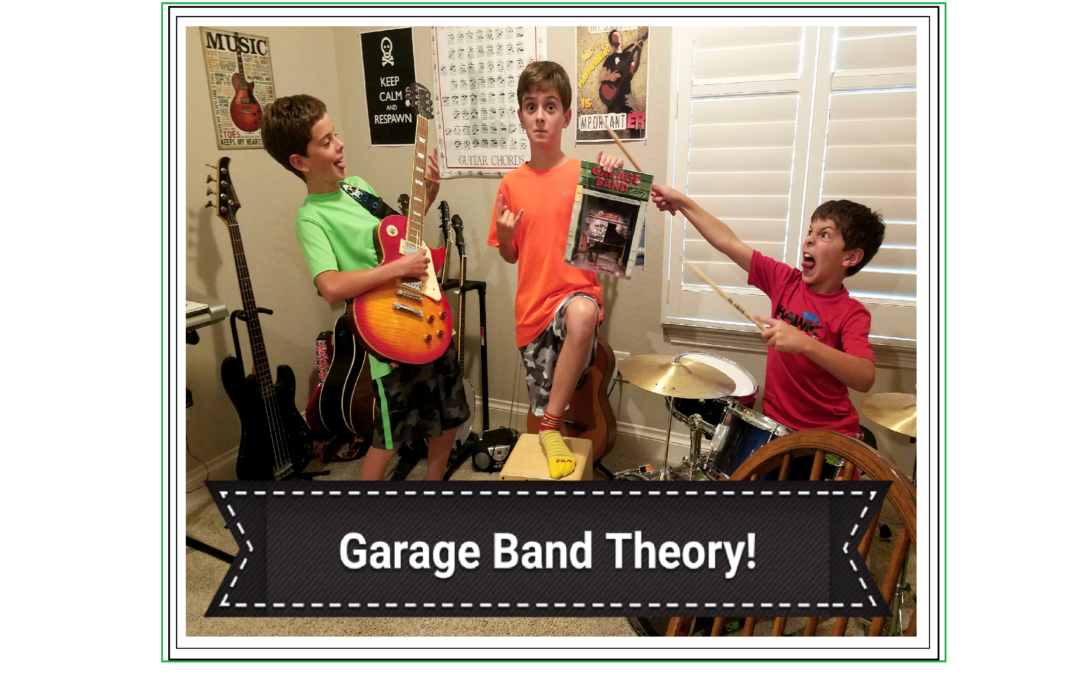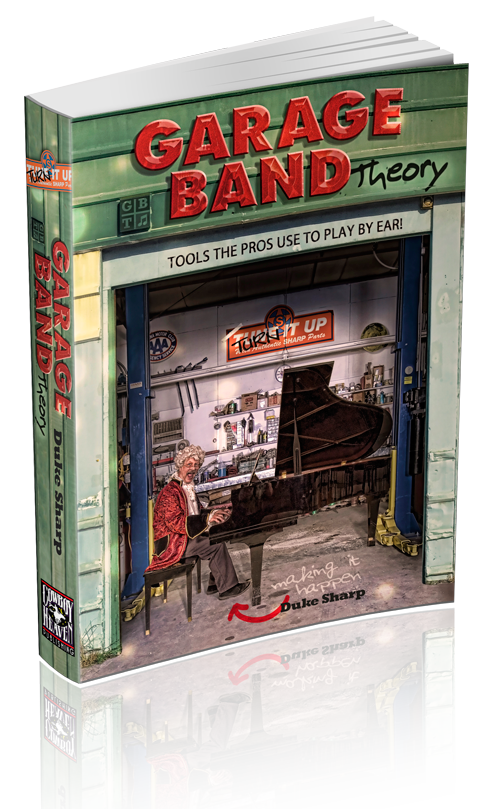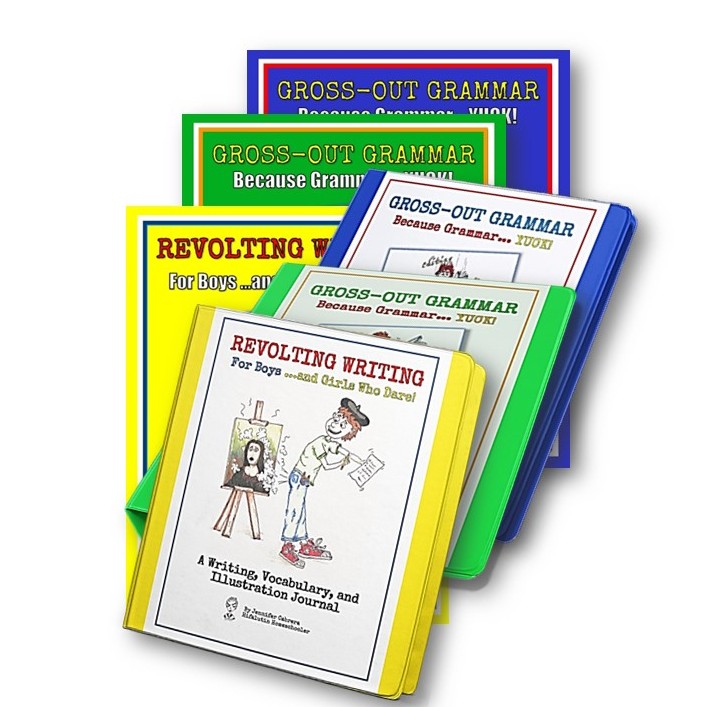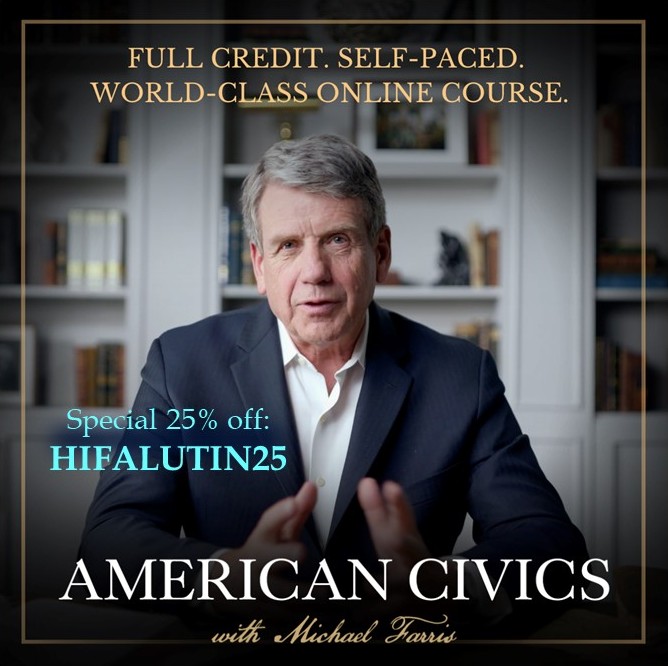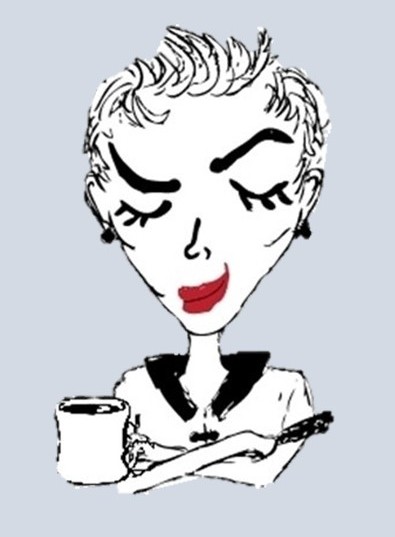Do musical talents need to be able to read music to be considered musicians?
Some say that playing by ear is a God-given talent. Does that mean that those who can only play a tune by reading the music are just trained monkeys?
According to Duke Sharp, author of Garage Band Theory, the answer is yes!
Wait. What?
Yes, to all of the above. A naturally talented monkey that has been trained to use his talents effectively will be much better at his tricks than the naturally talented, yet untrained, monkey. Which is why Mr. Sharp has written a somewhat overwhelmingly large, but handy book of tricks that he says musical pros use to hone their abilities.
My in-house musicians, The D Boys, are a living testament to the fact that reading music is not necessary to being amazing guitarists. From the time my twins were two years old, they could recognize certain instruments, singers voices, and were telling everyone that they were Johnny Cash. At the age of six they began taking lessons and learning guitar tabulation.
Still my boys rarely look at the tabs. Instead, my musical prodigy possess the ability to “play by ear.”
Hearing a piece of music a couple of times is all they need in order to take off on their own and pick out an entire song, figure out the chords, add good beat of rhythm for Lil D on his beat box… and BAM! They then wow me with something like this:
Playing by Ear or Playing By Memory?
According to Mr. Sharp, playing by ear is simply “playing by memory,” and is a learned process.
Therefore, if you can remember the tune to Happy Birthday enough to join in the fun around Grandma’s birthday cake, you have the ability to make music by memory, or play by ear.
But what about the people who cannot carry a tune in a bucket? Sure, they know the cadence and words of “Happy Birthday,” but the rooster in my neighbor’s yard sounds sweeter. How do they learn to be good musicians?
Garage Band Theory takes into account that when it comes to making music, pattern recognition may have more to do with musical ability than actual note and pitch recognition. Many people agree that mathematics and music go together.
Don’t freak out! You will not need a calculator or Pythagorean theorem to play Twinkle, Twinkle Little Star.
Mr. Sharp points out that humans have an innate ability to seek out patterns in order to make predictions and conclusions. Understanding and anticipating patterns enhances musical ability. And therefore, through some well documented and researched exercises, Mr. Sharp has forged a road map to get you from humming the ABCs to reading actual sheet music.
What The D Boys learned from Garage Band Theory?
When I explained to my boys how Mr. Sharp relates playing only by ear refusing to read music to reinventing the wheel and then not being able to communicate with anyone about it, it struck a chord with them.
Score!
They realized all the while they have been teaching themselves what is written in sheet music, without actually looking at sheet music. In doing so they were finding the music, yet allowing themselves no terminology with which to reference it or communicate it with other musicians.
Finally! They now see that in an effort to not bog themselves down with music theory, they were wasting time teaching themselves music theory like cavemen without a language.
My boys did know the basic types of notes found in music and their counts, such as the quarter, half, whole notes etc. When I showed them the early exercises in Garage Band Theory of tapping out tunes in time, they realized they actually could already read the music, mathematically speaking. What they were missing was the actually letter names of each note.
They were able to start a game between the three of them by tapping out tunes in rhythm following the sheet music included in the text, while their brothers tried to name that tune. Score again!
Would I Suggest this book to Homeschool Families Interested in Music?
- I would recommend Garage Band Theory to homeschoolers who already have some musical knowledge of their instrument of choice.
- The enormity of the book can be overwhelming to kids. My boys are 12 years old and fell in love with the front cover of the book, but were deterred by the massive amount of text inside. They needed me to help interpret some of the authors ideas and exercises.
- A very motivated highschooler might be able to tackle this book without help.
- Learning to read music the traditional way will work better for a child that is just picking up a guitar or sitting down at a piano for the first time, in my opinion.
- There is an enormous amount of knowledge in this book that has obviously been slaved over for many years. Only having the book for a couple of months, we have only scratched the surface. However, taking it piece by piece I believe we will continue to find the exercises beneficial to improving the boys’ skills no matter how long it may take to complete the book.
Duke Sharp: A professional musician for over 30 years with five CDs to his credit, Duke Sharp has taught music the past decade. His book, Garage Band Theory, Tools The Pros Use to Play By Ear is the definitive D-I-Y guide to learning music theory. Contact him at: [email protected] or find him on Facebook at https://www.facebook.com/garagebandtheory/

